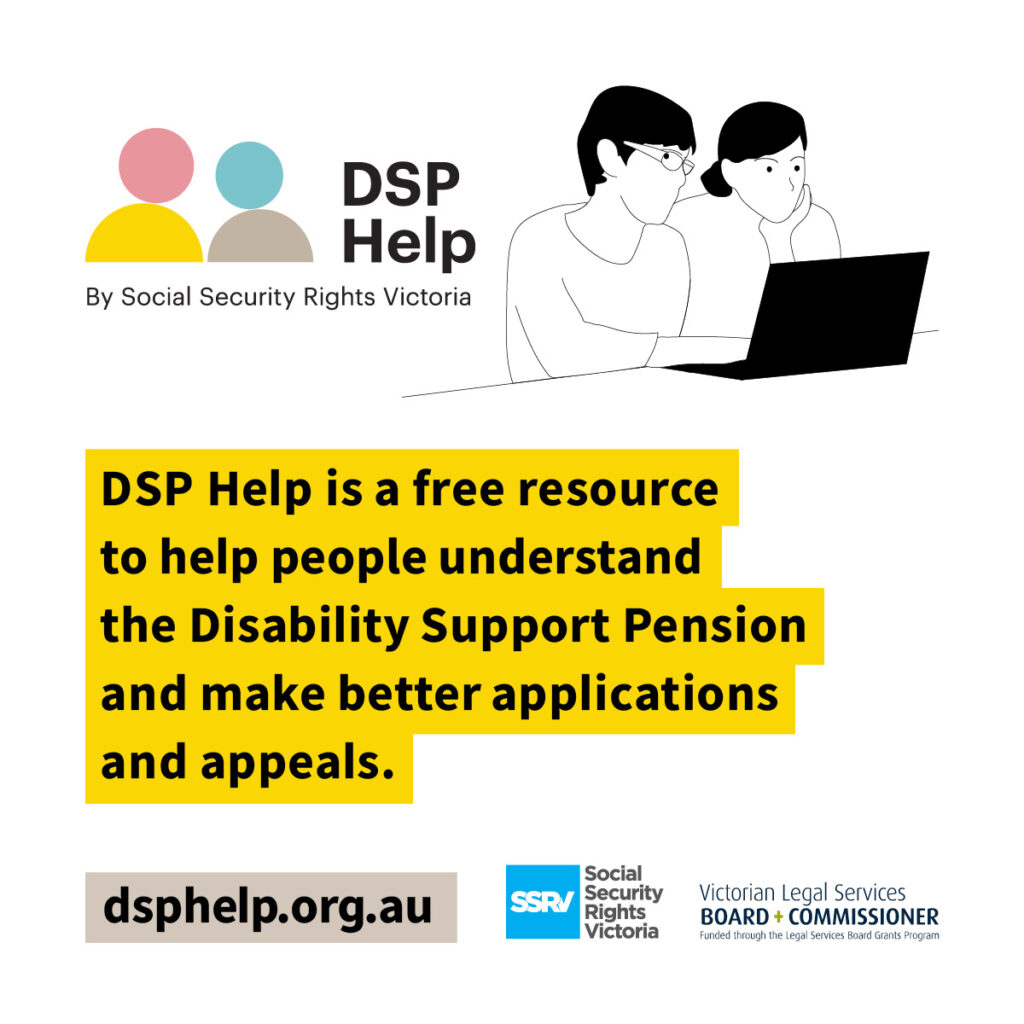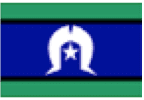Do you receive Centrelink payments and are currently required to report your family’s income?
If so, the way you report your income to Centrelink is changing.
From 7 December 2020 you will now be required to report the gross income your employerpaid you in your reporting period. Prior to 7 December you were required to report the income you earned during the reporting period but were not yet paid.
Gross income is the total income you are paid before tax and other deductions. This is not the amount of income you receive into your bank account. Gross income is the amount of income you earned before tax and deductions, such as HECS payments, are taken out.
You should find this amount on the top of your payslip and it’s normally labelled ‘gross income’.
Remember, if you have a partner, you must also report the gross income they were paid during your reporting period to Centrelink, from 7 December 2020.
The way backpay is assessed will also be changing from 7 December 2020.
If you are paid backpay from your employer, this will now be assessed within the reporting period when you receive it, not the period within which you earned that income.
Does your reporting date fall between 7 and 18 December 2020?
You will need to make a one-off calculation when reporting between 7 December 2020 and 18 December 2020, if:
- you reported earned employment income for a period before 7 December 2020; and
- your employer paid you the income after 7 December 2020.
This is to ensure you do not report the same income twice.
You can find out more about reporting your income if your reporting date falls between 7 December 2020 and 18 December 2020 on the Services Australia website [LINK: https://www.servicesaustralia.gov.au/individuals/news/does-your-reporting-date-fall-between-7-and-18-december-2020]
If you find this confusing, Services Australia has an online calculator tool [LINK: https://www.centrelink.gov.au/custsite_pfe/pymtfinderest/reiCalculatorPage.jsf?wec-appid=pymtfinderest&wec-locale=en_US#stay] to help you make this calculation.
Want some more information about these changes?
You can find out more about this change, including a full list of payments this change affects, on the Services Australia website. [LINK: https://www.servicesaustralia.gov.au/individuals/news/reporting-your-employment-income-changing]
Need advice?
If you live in Victoria and would like advice about this change, or have other social security/Centrelink questions, you can call our General Advice Line, Monday – Thursday between 9:30am and 12:30pm on 0419 793 652.
If you live in another state, find your closest social security legal service on the Economic Justice Australia website. [LINK: https://www.ejaustralia.org.au/wp/legal-help-centrelink/]





